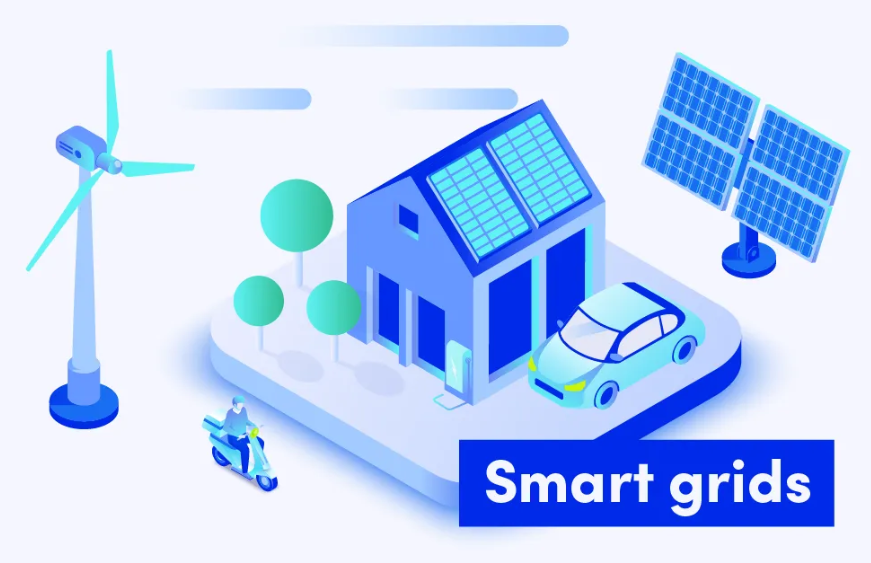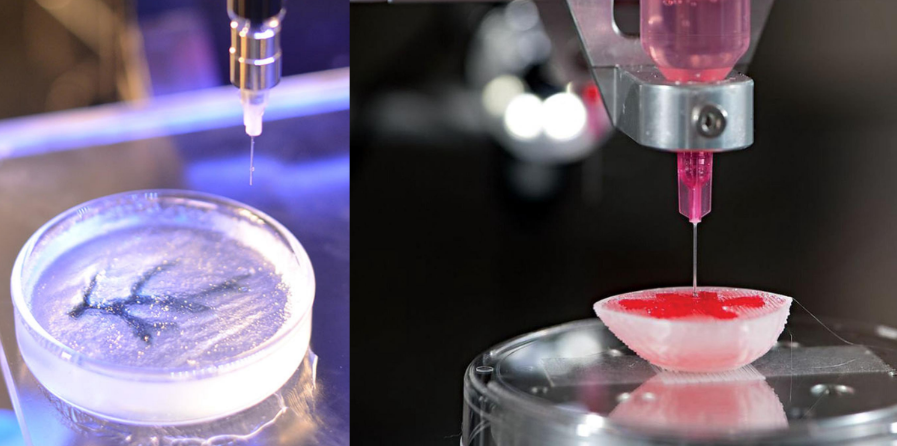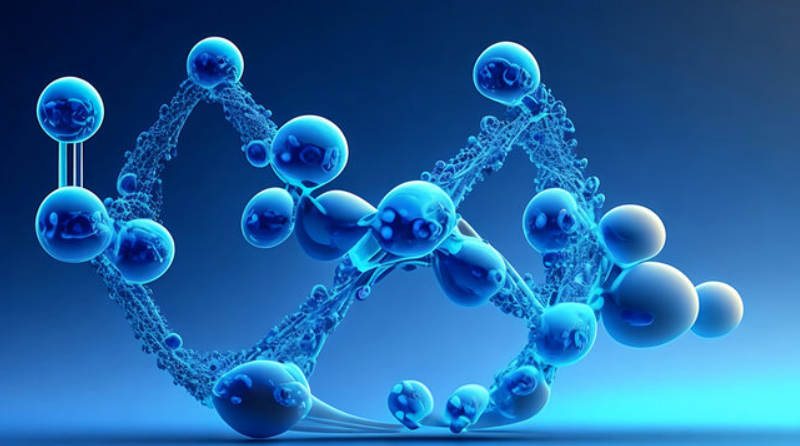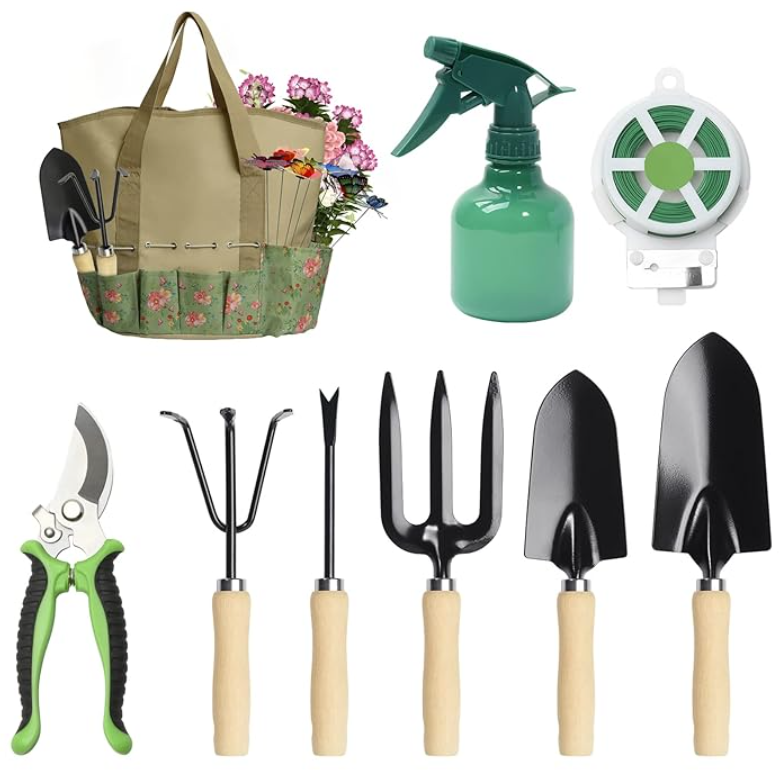Agriculture
Harvesting The Future: Probing The Top Trends In Precision Farming
Precision farming, widely known as precision agriculture or site-specific crop management (SSCM) is the innovation of farming strategies that are grounded on observing, calculating, and replying to the inconsistency of improvement in agricultural production and sustainability. These strategies are based on the high-end technologies and analysis tools.
Precision agriculture allows farmers to resolve the whole range of issues that they are facing. This concept merges data assortment and remote sensing with the GPS (Global Positioning System). It is an umbrella term collectively used for the contemporary data-driven technologies used for growing crops, that that aim at boosting productivity, lessening waste, and escalating crop yields while diminishing environmental impacts.
Some of the recent trends that are shaping the field of precision agriculture are:
Data Analytics and Artificial Intelligence:
The inclusion of data analytics and artificial intelligence helps to generate huge amounts of data and process it with ease. This can be an asset to the farmers, as it guides them in undertaking farm-related decisions in terms of procurement, human, monetary management as well and production. For instance, farm owners can get real-time data concerning the characteristics of soil or the climate conditions in the locality. The machine learning models also include data analytics and artificial intelligence which help in analyzing a large amount of data associated with the prediction of yield, harvest timing, health of crops, and ideal planting.
IoT and Sensor Technology:
Farmers can now rely more on the technologically constructed monitoring of their crops instead of estimations and presumptions. This is with the use of the Internet of Things (IoT) and Sensor Technology. Future predictions on the ripening of the crop and optimization of the water quantity used for irrigation are possible with the use of IoT and sensor technology. The IoT and sensor devices can help in the collection of data on different parameters such as moisture of the soil, temperature, and others, thus making it effective to monitor the growth of crops accurately. Farmers can also choose the right crop and method in the exact locality with the help of data collected with the aid of technology.
Agricultural Robots:
In the development of digital agriculture, the concept of agricultural rotors plays a significant role and offers various advantages to farmers. Robots have a wide application in the agricultural sector. From performing simple tasks like picking and packing fruits and vegetables to several complex chores such as monitoring the crops and measuring the pH level of the soil, robots are capable of performing every task. Adding to this, automation for ventilation systems and control of air for the livestock, arable irrigation, and milk production are a few other tasks that can be performed accurately using this technology.
Smart Water Management:
Agriculture tends to consume a high level of freshwater which is around 70% of the whole freshwater across the world. This demands a smart water management technique where the exact amount of water that is needed for the growth of the crops is been supplied. This technology with the help of irrigation and field application helps in avoiding the loss of productivity that is being caused due to water stress. Smart water management technology helps farmers to water more effectively and efficiently. Moreover, it can also increase crop yield, decrease the cost, and contribute to environmental sustainability.
Precision Livestock Farming:
Precision livestock farming has been quite spoken of recently. It allows farmers to increase production, and eventually meet the growing demands for livestock in the market. There are different issues ongoing in the livestock market including, increasing demand for livestock products such as eggs and meat and reduction in the area of farmlands. All these concerns can be addressed with the help of innovative technological approaches and data-driven solutions like precision farming.
Precision Farming Market Scenario:
Precision agriculture is a farming technique that utilizes different technologies ranging from the Internet of Things to sensor devices, artificial intelligence, and others. The global precision farming market is expected to register a rapid revenue CAGR of 10.5% during the forecast period. This growth can be significantly driven by factors such as rapid advancements in agricultural technology, rising adoption of cutting-edge technologies such as AI, IoT, and ML in precision farming, and growing awareness about the importance of precision farming for enhancing crop quality and crop yield. Moreover, the adoption of precision agriculture is becoming more prevalent as farmers increasingly collaborate by sharing data and best practices through agricultural co-operatives and online platforms.
However, the market is expected to experience a downfall to a certain extent due to high initial costs and challenges associated with data management, connectivity issues, and complexity in learning. To overcome these obstacles, key players in the market are focused on developing innovative and sustainable farming tools and solutions to help farmers enhance farm productivity and economic viability. Deere & Company, Topcon, Raven Industries, Inc., AG Leader Technology, and DroneDeploy are some of the leading companies operating in the market.




